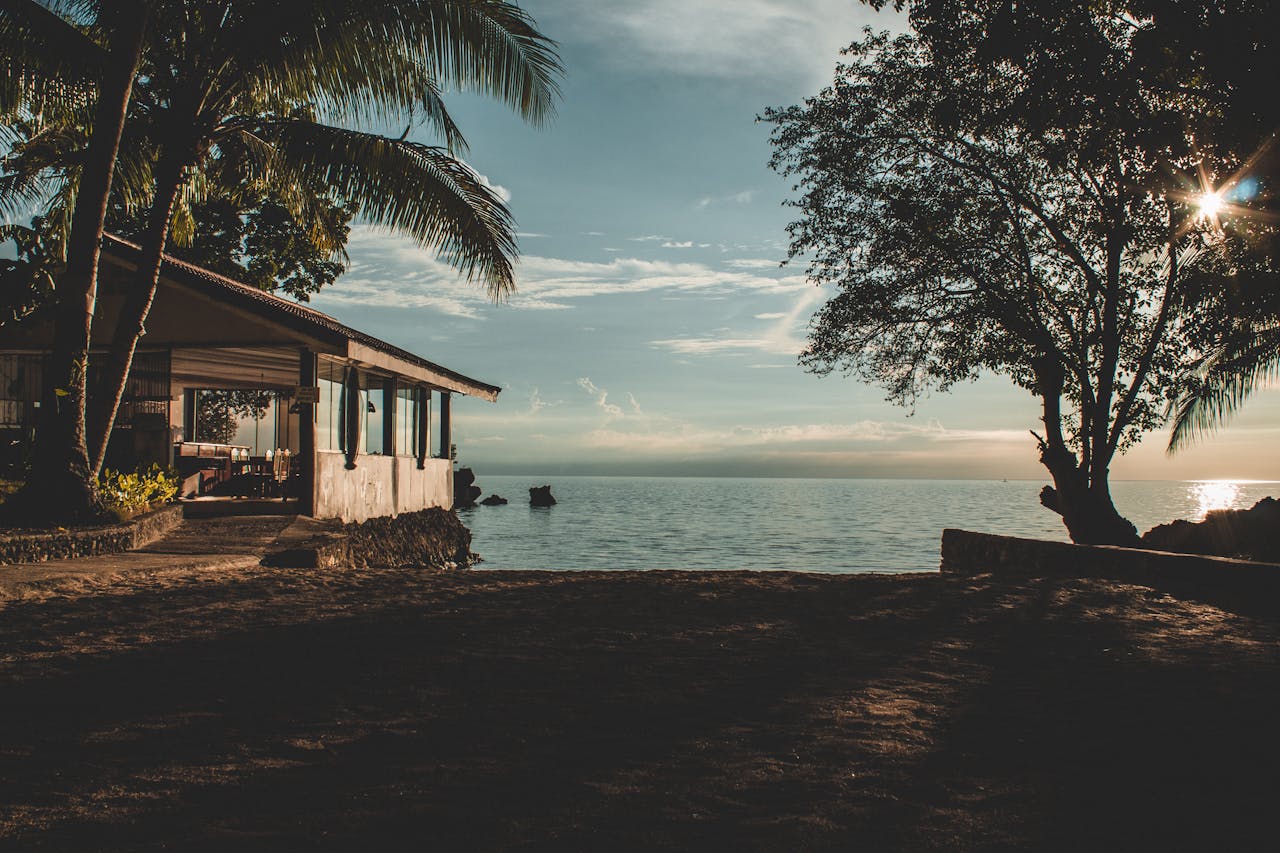Traveling often sparks thoughts of staying forever in a place that feels special. Whether it’s a coastal town, a mountain retreat, or a historic city, some places feel like they could be your dream home. The idea is exciting, but making it happen requires more than a strong desire. Turn a vacation destination into your permanent home by evaluating the costs, understanding legal requirements, and adapting to everyday life beyond the tourist experience. Proper research and preparation make the shift practical and sustainable.
Is This the Right Move for You?
A short stay offers a limited perspective. Living in a place long-term reveals challenges that aren’t obvious during vacations. First of all, tourist-friendly areas may have limited job opportunities, expensive goods, or extreme seasonal weather.
Secondly, the cost of homes and rentals fluctuates. Some locations see price surges during peak seasons, making it hard to gauge actual expenses. A property that seems affordable in one season may become unaffordable later.
Beyond rent or mortgage payments, daily expenses need consideration. Grocery costs, transportation fees, and healthcare impact overall affordability. Some locations import most goods, increasing prices. Utilities also vary, as coastal towns may have higher air conditioning costs, while colder climates require expensive heating.
Job Market and Business Potential
A reliable income source makes relocation sustainable. Digital work allows flexibility, but internet connectivity must be stable. Some destinations have tax benefits for remote workers, while others impose restrictions on foreign employment.
If seeking local work, research industries that thrive in the area. Resort towns rely on tourism, while urban centers offer diverse careers. Work permits may be necessary, and some professions require additional certifications.
For business owners, legal structures and tax obligations must be clear. Registering a company, hiring employees, and securing permits require local knowledge. Some regions have incentives for startups, while others impose strict regulations.
Community and Daily Life
Liking a place as a visitor doesn’t guarantee long-term satisfaction. Some areas quiet down after peak seasons, while others become crowded. Community culture also matters as small towns may be welcoming or closed off to newcomers. Language barriers impact daily interactions. Even where English is spoken, understanding local phrases helps with government paperwork, shopping, and building relationships.
Public services differ. Some areas have reliable healthcare, while others require travel for quality medical care. Schooling options for families may be limited, requiring homeschooling or private education. Transportation must also be practical. Some cities have efficient public transit, while rural areas require personal vehicles. A place that seems walkable during a short stay may not be as convenient in daily life.
Take the leap to Turn a Vacation Destination Into Your Permanent Home
Finding the right home is one of the first steps. Turn a vacation destination into your permanent home by evaluating housing options carefully. On the one hand, renting first allows time to adjust without long-term financial commitment. It provides flexibility to explore neighborhoods before purchasing. Some locations have strict laws for foreign buyers requiring residency or special permits.
Likewise, property taxes, maintenance, and legal fees differ across regions. Buying may benefit long-term stability but requires an understanding of the market and local laws. In addition, some places offer easy residency options, while others demand proof of employment, investment, or ancestry ties. Temporary residency permits may lead to permanent status, but they often have renewal requirements. Some countries allow dual nationality, while others require renouncing original citizenship. Tax implications should be considered, as some locations tax worldwide income.
Securing Work or Reliable Income
A stable income stream is essential. Those working remotely must confirm that internet access is reliable. Some destinations have high-speed options, while others struggle with connectivity. Local job markets require research. Many countries restrict foreign workers, requiring sponsorships, specific skills, or business investments.
Retirees must also review pension rules. Some places offer tax benefits, while others heavily tax overseas income. Healthcare access is also a concern—some countries allow foreigners into public healthcare, while others require private insurance. Understanding local currency fluctuations is key. A stable exchange rate ensures predictable living costs, while volatile currencies can make expenses uncertain.
Handling the Logistics of Moving
The physical move requires planning. Shipping belongings, arranging housing, and securing visas take time. Some sell everything and start fresh, while others transport household goods. Shipping costs vary by weight, distance, and customs regulations.
Especially when moving to a different country, remember that international movers simplify the process but require careful budgeting. It’s important to plan expenses in advance to cover shipping fees, customs duties, and temporary storage costs. Some countries have strict import rules for electronics, furniture, and vehicles, leading to unexpected expenses.
Healthcare, Banking, Residency and Legal Status
Medical insurance coverage needs to be sorted before moving. Some destinations require private coverage, while others offer public healthcare options. Understanding access to specialists, emergency services, and prescription costs prevents surprises.
Banking systems may also differ. Some countries allow foreigners to open accounts easily, while others require local residency. Transferring money between countries incurs fees, and some banks freeze international transactions due to fraud prevention policies. If you plan to buy property, researching financial options early can be beneficial for securing the best mortgage rates and increasing your home’s value through smart renovations or upgrades.
In a line manner, official processes must be completed. Residency permits, work authorization, and tax registration require attention. Some places require all residents to register an address with local authorities. This registration is often linked to receiving mail, accessing government services, and getting a driver’s license. Identification cards or residency permits may be required for everyday transactions.
Adjusting to the Community and Lifestyle
Settling in requires more than paperwork. Social integration makes a new place feel like home. Getting involved in local activities helps with social adjustment. Attending community events, joining hobby groups, and frequenting local businesses make it easier to form relationships.
Understanding cultural norms prevents misunderstandings. Some places value formality in interactions, while others encourage casual socializing. Observing how locals behave in daily situations provides guidance.
Even in English-speaking locations, local dialects and slang affect communication. In non-English-speaking countries, learning the language improves daily interactions. Ordering food, asking for directions, and handling government processes become easier with basic language skills.
Final Thoughts
Relocating to a favorite spot is exciting, but it requires preparation. Those who turn a vacation destination into a permanent home must evaluate legal requirements, financial stability, and cultural adjustments. The decision should be based on more than just past travel experiences. Careful planning ensures a fulfilling new life in a place once enjoyed as a getaway.
Stay in touch to get more updates & news on Bangkok Tribune!



